Psychological and Behavioural Sciences
- UCAS Code: C800 BA/PBS
- Campus Code: 4
- Duration: 3 years
- Places per year: 1-3
Psychological and Behavioural Sciences is a unique degree course. It combines core papers in Psychology with the opportunity to study an enormous range of other approaches to understanding the human mind, brain, and behaviour.
In the first two years, students spend just over half of their time covering core topics in psychology, including neuroscience, cognitive science, social and developmental psychology, and research methods; the other half of their papers are selected from a very wide range of courses from across the university, including neurobiology, philosophy, politics, biological and social anthropology and sociology. In their final year, students choose three advanced papers that fit their specialized interests, and complete an original piece of research, again on a topic of their choosing. They emerge with a deep understanding of human behaviour, and with an impressive portfolio of intellectual and technical skills.
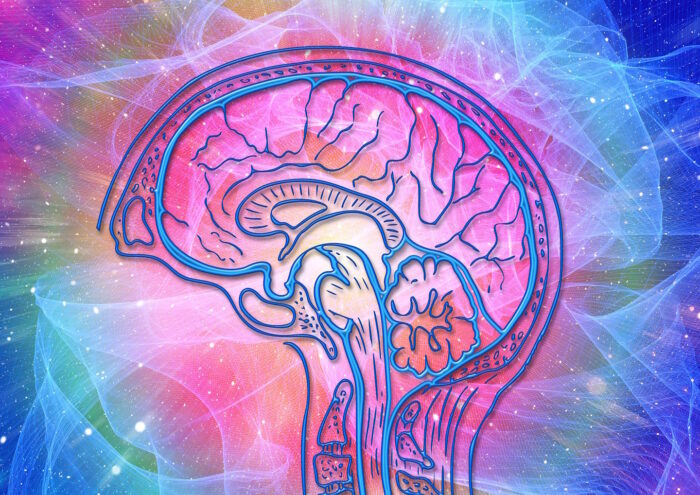
Psychological & Behavioural Sciences
Looking for something specific? Use these quick links to get to where you want to go…
Course Overview
In the first year (Part IA), you take a total of four papers, three of which are compulsory:
- Introduction to Experimental Psychology
- Social Psychology, Applied Psychology and Individual Differences
- From Subjective Questions to Objective Science
The remaining paper is chosen from a selection of around nine options. The optional papers available each year may vary but subjects usually include:
- biological and social anthropology
- evolution and behaviour
- politics
- philosophy
- sociology
- mathematical biology
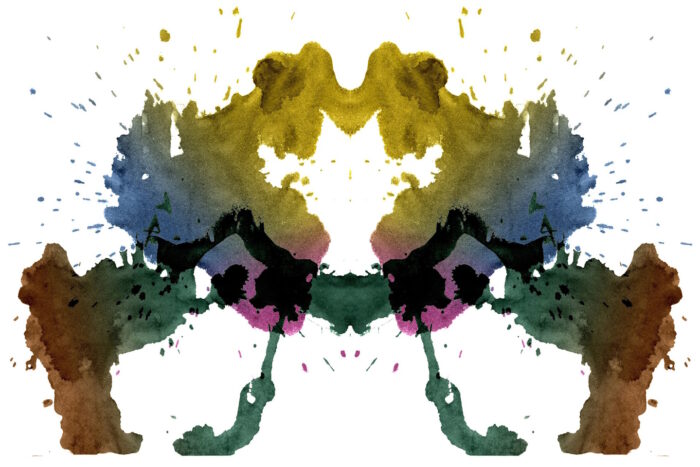
How You Learn
Teaching is provided through lectures, classes or seminars, and small-group supervisions. Some papers include a practical element, which takes place in laboratories.
You can typically expect 2 lectures a week for each paper. You also have one or two supervisions each week to discuss your work and develop your reasoning and ideas.
Assessment is through a range of laboratory reports, short answer and essay based written examinations and oral examinations.
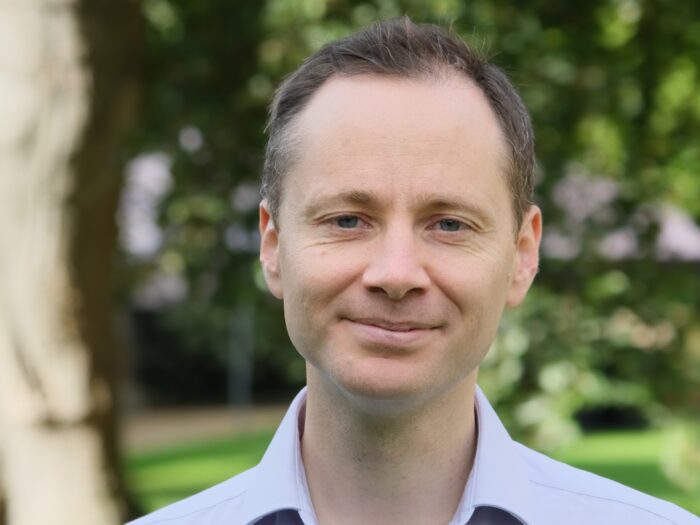
PBS at Trinity Hall
Students at Trinity Hall studying PBS are taught under the supervision of Lee de-Wit, who originally trained in neuroscience, but now works on the psychology of political behaviour. Lee also works on generally on the application of psychological research to public policy, and you can read more about his recent work in Trends in Cognitive Sciences. Lee is also the Director of Undergraduate Education in the Department of Psychology, where he recently received the Pilkington Prize for Teaching Excellent for his role in curriculum diversification and innovation in assessment methods.
At Trinity Hall we are looking for PBS students who will make the most of the opportunities provided by the breadth of teaching on Psychological and Behavioural Sciences, from understanding the neuroscience of face perception, to understanding the social psychology of behaviour change. We are particularly looking for students who want to expand their skills across the psychological sciences, from statistical analysis, essay writing, to conducting empirical research projects.
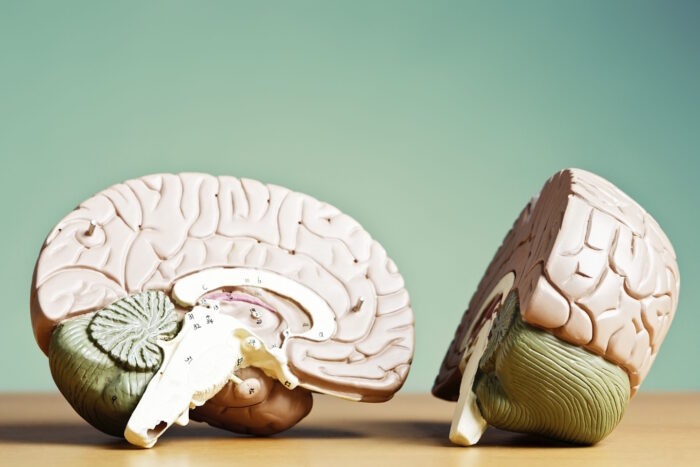
Entry Requirements
Minimum Offer Level
A-Level: A*A*A
IB Diploma: 42 points, with 776 at Higher Level
Other: See the University’s Entry Requirements page
Subject Requirements
You will need A levels/IB Higher Levels (or the equivalent) in at least one of the following subjects:
- Mathematics
- Biology
- Chemistry
- Computer Science
- Physics
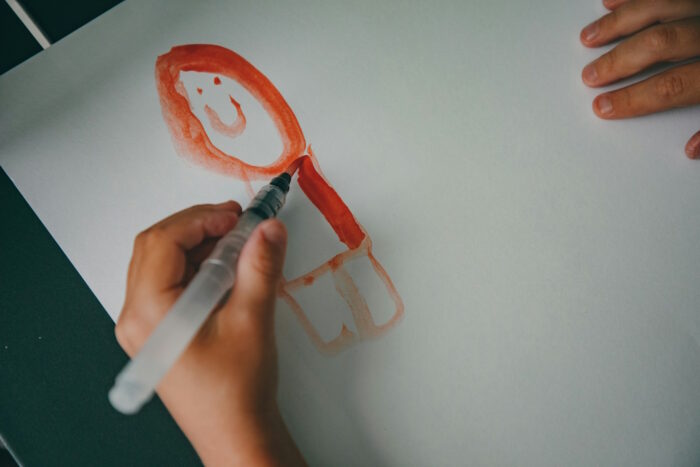
Admissions Process
Written Work
None required.
Admissions Assessment
We do not require a written assessment for this course.
Interviews
Two interviews of around 25 minutes each. Knowledge of Psychology A-level material is not a prerequisite for performing well in admissions interviews.